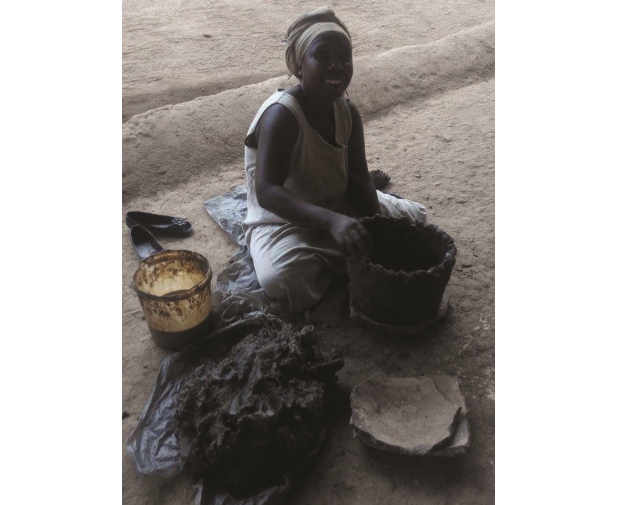
Historically Marginalised People want more from the government
Joseph Ngizwenimana is from the Rubavu district of Rwanda. He belongs to the Batwa community which is considered among the Marginalised People of Rwanda.
Recently, Ngizwenimana is one of several Twa people asking the government to initiate affirmative action programmes for the Batwa.
“We need more development although the government has put in more efforts,” he says, “We want to be invited to take part in the many development meetings, to also learn to dress smartly, and how to handle themselves before the public.”
He also wants the Twa to have more representatives in parliament.
“We only have one representative in parliament of which he cannot know all our problems,” he says, “No Twa can stand as a representative either. Even if you contest, who can give you his or her vote? We need representatives from cell level to parliament”.
The case of the Batwa has attracted the attention of organisations like the World Association for Christian Organisation (WACO) and the African Initiative for Mankind Progress Organisation (AIMPO).
Delphine Uwaseneza, the AIMPO deputy director says historically marginalised people in Rwanda like the Batwa still lag behind in all government political, social, and economic activities. She says areas predominantly inhabited by marginalized people do not have easy access to clean water, lack of infrastructure, and face scarcity of land for agriculture.
She says, as a result of the marginalization and destitution, some members of the communities resort to unsocial behaviours. She says many lack food because they have been moved from their main source of food, the wild animals.
According to her, many live in houses without the basics of life.
“The few who are educated are not given jobs instead they go back to pottery,” she says.
To her this is a double tragedy because, if the educated Twa were to get good jobs, it could inspire others to take up education also. Now, however, the others who see the educated members of their community languishing in poverty, they also opt not to go to school.
She says, however, that her organization is pushing efforts to train the Twa members from different parts of the country on how to deal with private and public communication, how to educate themselves using radio programmes, and on social issues like gender.
Ngizwenimana says such trainings have helped to support and sensitise the community.
He says the Twa previously endure more hardship but their standard of living is improving because people get sensitisation on how to better themselves from different organisations that come to visit.
 The Independent Uganda: You get the Truth we Pay the Price
The Independent Uganda: You get the Truth we Pay the Price


